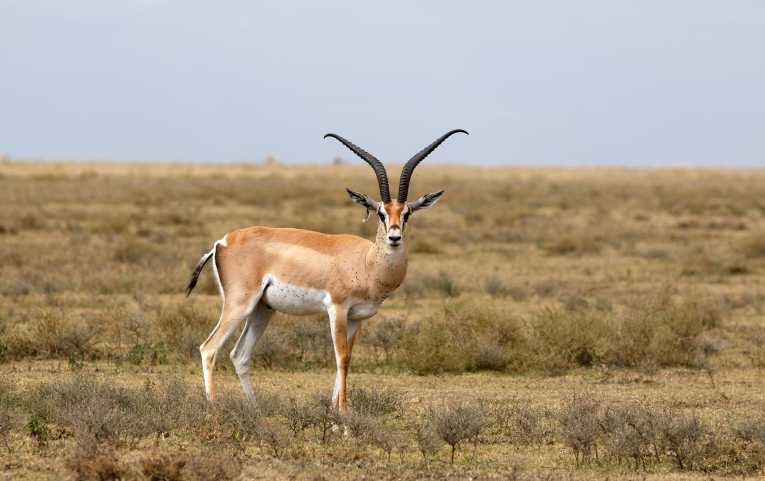Wild species numbers in the Masai Mara have dropped by up to 70% over a thirty year period, new research has revealed.
Scientists have published their findings in the Journal of Zoology after examining data from aerial monitoring in the nature reserve and the wider Mara, which began in 1977.
The dramatic reduction has called into question conservation efforts in the Masai Mara which began in 2000.
Dr Joseph Ogutu led a team of researchers from the Bioinformatics unit at the University of Hohenheim in Germany, alongside the International Livestock Research Unit in Nairobi.
They discovered in the Masai Mara, number of Impala, warthog, topi and Coke's hartebeest have reduced by 70%.
Outside of the nature reserve in the wider Mara, buffalo and wild dogs have all but disappeared. Even the annual migration of wildebeest has shown their numbers have reduced by up to 64% since the early 1980s. The number of wildebeest on the Serengeti, where they migrate from, has remained unchanged. During the west season, where there is no migration, resident wildebeest numbers have fallen by 97%.
The startling research findings come on the back of a 2009 study which found the populations of some large mammals was dropping. This fuller picture was gained with better and more comprehensive sampling and monitoring methods.
The problem is not limited to the nature reserve of the Masai Mara. In the Mara itself, only numbers of ostriches and elephants have not fallen.
The scientists have identified three potential causes for the decline. Despite conservancy efforts which began in 2000 - 2001 and an increase in local policing to target poaching, Dr Ogutu quotes figures of 1500 poachers who have been arrested in the last decade.
Of equal significance has been the expansion of settlements and the increase of grazing livestock in the reserve.
The numbers of grazing cattle has increased by 1100%. The heavy grazing of this livestock displaces the natural fauna, the foodstuff of most of the larger mammals. Combined with severe droughts in recent decades, this leaves the larger species facing potential starvation.
Dr Ogutu and his team are calling for a stricter regulation of the expansion of settlements as it risks damaging the Masai Mara's reputation as a conservation area.










